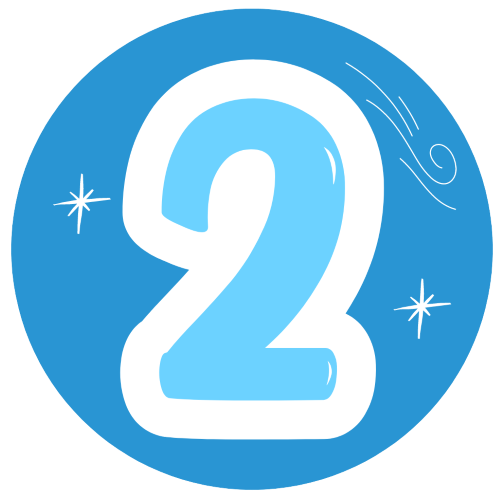Schools please note: due to the summer holidays we will automatically hold all school books and furniture orders due between Wednesday 16 July and Monday 1 September 2025. Delivery will resume from Tuesday 2 September 2025. If your school remains open for deliveries during the summer and you would like to receive your order during this time, please get in touch in advance by calling 0121 666 6646 or emailing hello@peters.co.uk.
For help, advice and telephone ordering call our team on 0121 666 6646
Are you sure you wish to delete this basket?()
This action cannot be undone.
Sorry, something went wrong
Please report the problem here.
How can teachers manage the headlines of rising anxiety? With author Nicola Morgan

October 3rd 2024
Staff in secondary schools, as well as parents and community leaders, are rightly concerned about the mental health and wellbeing of the young people they teach or support. In 2023, 1 in 5 children and teenagers (aged 5 to 16) were identified as having a probable mental health problem. The complex picture of this generation's mental wellbeing has garnered well-meaning reporting as well as questions about how we can best support young people.
Schools are seen as part of the solution to alleviate youth mental health problems, and they are the place most likely for teens to turn to for support. Understanding the increasing pressure staff may be experiencing related to student wellbeing, author Nicola Morgan offers her thoughts and advice in response to the worrying headlines.
The headlines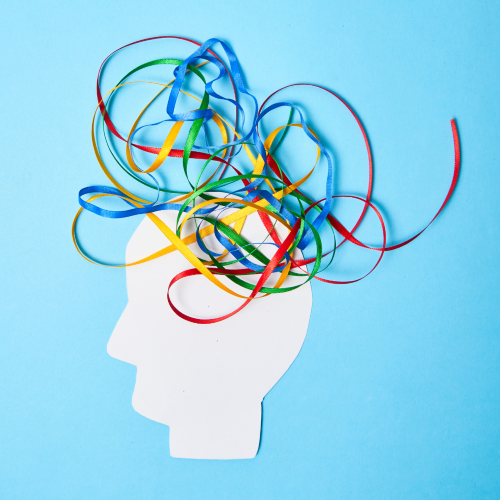
Hands up who is not worried by the headlines suggesting worsening mental health amongst young people? Thought not.
We should all be worried. Either because the headlines are right or because they are wrong. Think about it: whether there is or isn’t an increasing wave of poor mental health, headlines about it are themselves worrying.
Teachers are the front line. Most of you are not trained in psychotherapy, counselling or mental health, beyond what you learnt in teacher training or CPD. Yet you are faced daily with anxious or distressed minds; you do your best and seek advice where you find it.
Disclaimer: I am also not trained in psychotherapy, though I have a Diploma in Youth Counselling. My advice comes from an unusually wide reading of an unusually wide range of topics within psychology, neuropsychology, mental health, wellbeing, adolescent brains and how we learn. I don’t know everything about anything but I know enough about enough. And I have spoken in hundreds of schools and to thousands of humans in them.
I have also written a lot of pshe books for young people. They are probably in your school libraries. You can read them, too!
Meanwhile, let me offer four nuggets of advice to help you support your students.
Nicola Morgan's 4 tips for supporting teen mental health |
In short
I don’t know if those headlines are mostly right or mostly wrong. But I worry about all the worrying. I believe I best serve you by offering strength and strategies, not hand-wringing or too much rumination.
Let’s focus on what we can control and teach our young people to do the same. We are capable of so much more than we think we are. The human brain is a wonderful thing but sometimes it worries too much.
We – you! – can do this. And so can our amazing young people.
Support teen mental health with non fiction books for teens from Nicola Morgan
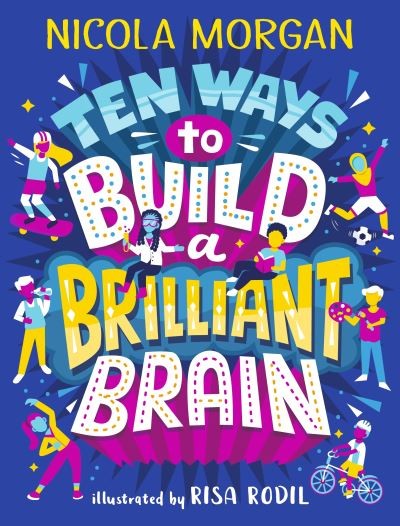 |
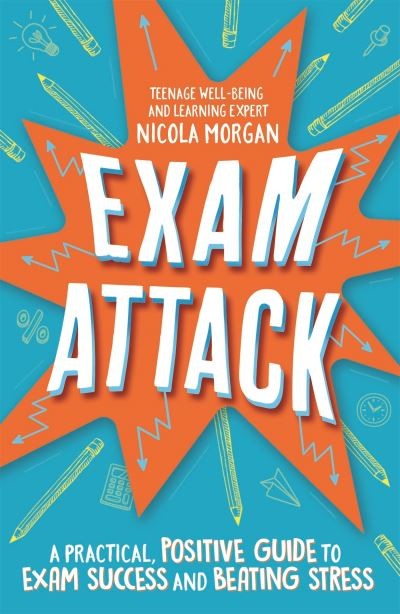 |
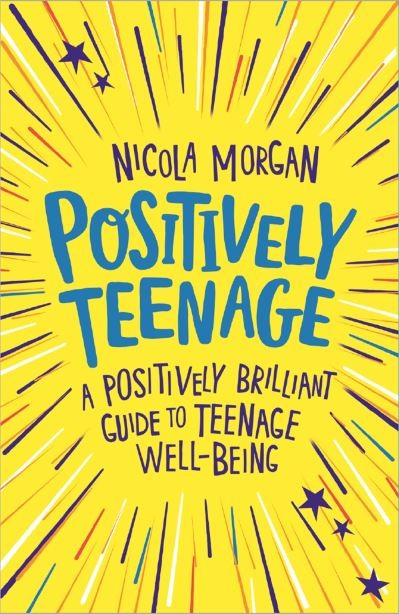 |
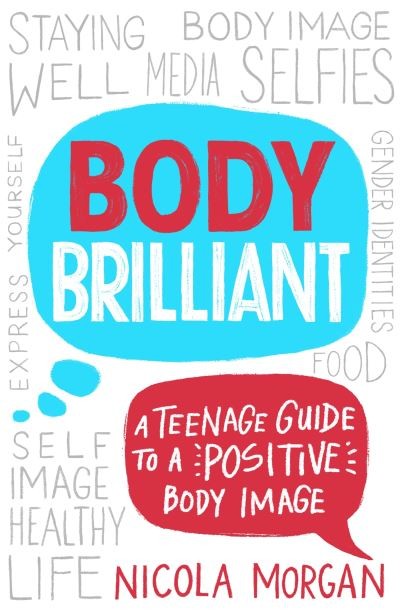 |
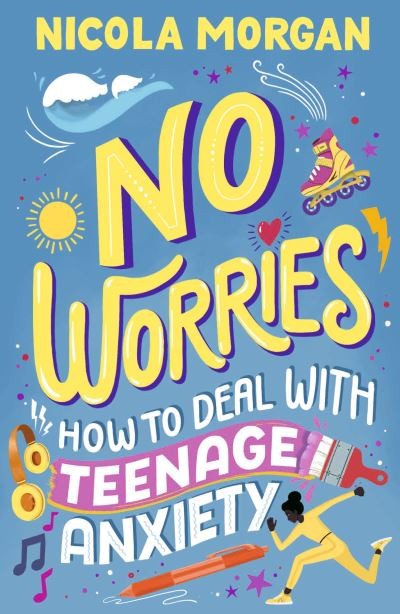 |
|
|
Read next:Why you should plan an author visit for your school, with Lesley Parr |
|
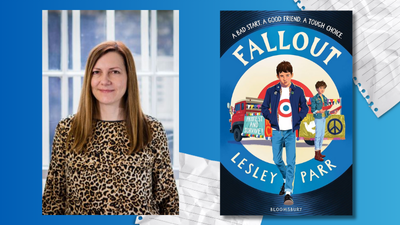 |









